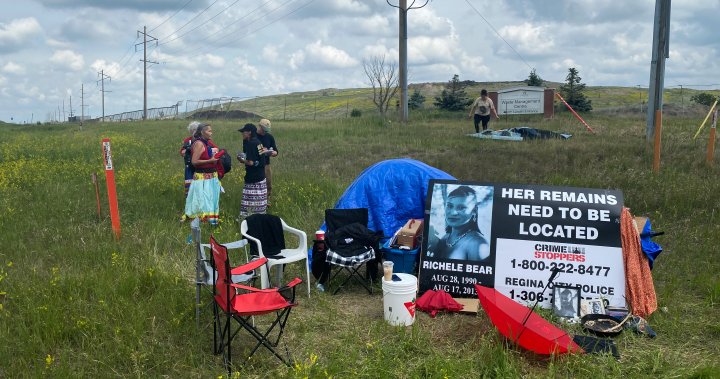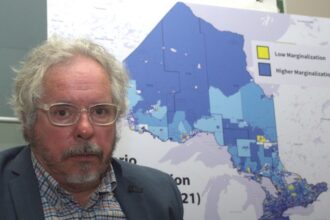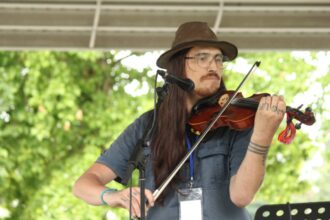The gray winter skies over Regina hang heavy with urgency as community members, advocacy groups, and families of missing and murdered Indigenous women have mobilized in unprecedented numbers to demand action. The search for Marjorie (Maddie) Healy, a 24-year-old Indigenous woman who disappeared in November, has intensified around the city’s landfill, highlighting a crisis that has long plagued Indigenous communities across Canada.
“Every day that passes is another day of agony,” says Eleanor Standing, Healy’s aunt, who has been at the search site daily since police announced they had reason to believe evidence connected to her niece’s disappearance might be found at the landfill. “We refuse to let Maddie become just another statistic, just another face on a missing poster.”
The Regina Police Service confirmed last week they had received credible information suggesting items related to Healy’s case could be located within a specific section of the municipal waste facility. What began as a small police-led investigation has transformed into a community movement, with over 200 volunteers now participating in coordinated search efforts.
The case has reignited painful memories of similar searches in Winnipeg, where advocacy groups spent months demanding authorities search the Prairie Green Landfill for the remains of Morgan Harris and Marcedes Myran. That standoff between families and officials exposed the deep institutional barriers Indigenous communities face when seeking justice for their missing loved ones.
Regina City Council voted unanimously on Monday to allocate $350,000 in emergency funding to support the search operation, providing specialized equipment and safety gear for volunteers. Mayor Sandra Masters addressed Canada News at the site, stating: “This is not just a police matter or an Indigenous issue—this is a human crisis that demands our collective response.”
The Federation of Sovereign Indigenous Nations (FSIN) has coordinated with national organizations to bring in forensic experts with experience in landfill recovery operations. Chief Bobby Cameron of FSIN emphasized that the search represents a watershed moment in how missing persons cases involving Indigenous women are handled.
“For decades, our women and girls have disappeared with inadequate responses from authorities,” Cameron told reporters. “The community mobilization we’re seeing today sends a powerful message that we will no longer accept dismissive or delayed investigations when our people go missing.”
Statistics from a 2021 report by the Native Women’s Association of Canada show Indigenous women represent approximately 16% of all female homicides in Canada despite making up just 4% of the female population—a disparity that advocates say reflects systemic racism within law enforcement and the justice system.
The search has drawn support from across the political spectrum. Conservative MP Michael Barrett joined NDP leader Jagmeet Singh in calling for additional federal resources to be deployed. “This isn’t about politics,” Barrett stated. “This is about ensuring every Canadian deserves the same level of justice regardless of their background.”
Local businesses have stepped up to provide meals, winter clothing, and portable heaters for the volunteers working in freezing temperatures. The Prairie Sky Hotel has offered free accommodations for out-of-town family members, while Regina’s Indigenous community centers have become coordination hubs for the growing search effort.
Dr. Emily Riddle, a forensic anthropologist assisting with the search, explains the methodical approach required: “Landfill searches are among the most challenging recovery operations. We’re using grid-based search patterns, specialized detection equipment, and trained personnel to systematically examine areas of interest. This isn’t a quick process, but it must be thorough.”
As night falls over the search site, volunteers gather around sacred fires, sharing stories and supporting one another through what has become both a practical search operation and a profound act of community healing. The search for Maddie Healy represents more than the recovery of one missing woman—it embodies a growing national reckoning with Canada’s treatment of Indigenous women and girls.
The question now facing Canadians extends far beyond this single case: Will the momentum and attention surrounding the Regina landfill search finally catalyze the systemic changes needed to address the disproportionate violence facing Indigenous women, or will these urgent calls for justice once again fade from public consciousness once the cameras turn away?


















